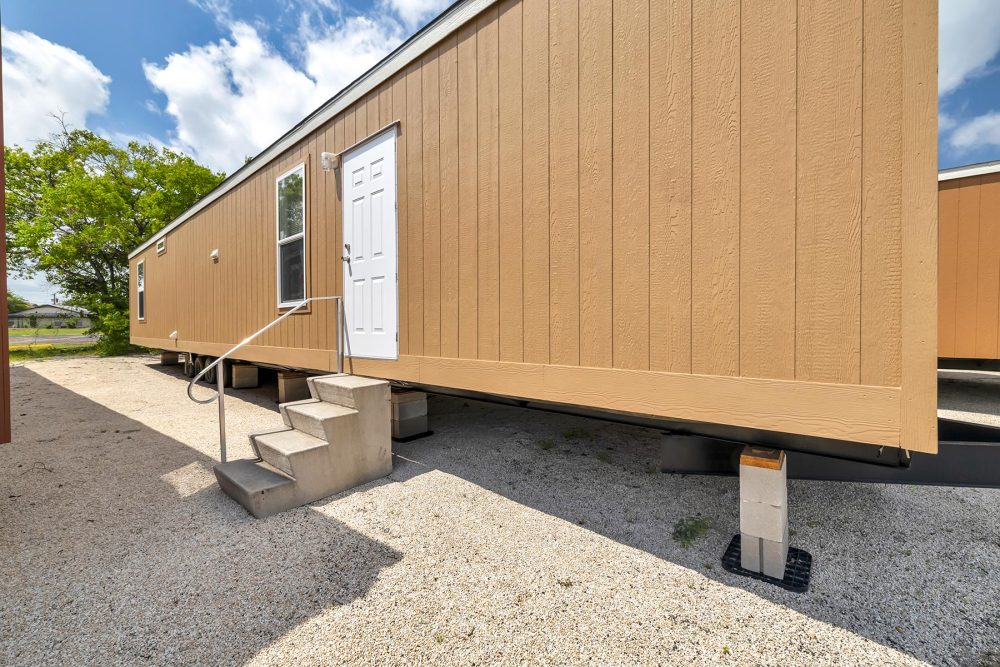Due Diligence: Checklist for First-Time Manufactured Home Buyers?
A manufactured home purchase should not be taken casually. Do extensive research before investing any of your hard-earned money. Working with a real estate agent, hiring a home inspector, and speaking with the seller to get important information about the house are possible steps in this process.

What’s Due Diligence?
In real estate, it refers to a buyer’s investigation of various aspects of a property, either before making an offer or (more commonly) within a specific timeframe between contracting and closing, known as a due diligence period. Assume that any flaws in or around the property are discovered. In that case, most real estate contracts include language stating what the buyer and seller will do to resolve the issues so that the transaction can close. In some cases, you may be able to cancel the purchase and receive a full refund of your binder deposit.
Here is some essential due diligence for manufactured home buying tasks you should expect.
1. Financing options
The traditional stick-built homes are in high demand, putting home ownership out of reach for many Americans. Manufactured homes provide housing for lower-income households. According to statistics from the manufactured housing industry, about 22 million Americans live in mobile homes.
Lenders view manufactured homes as personal property rather than real estate. Financing programs such as FHA, VA, USDA Rural, Chattel, HUD, and other options are available to qualified buyers. Historically, manufactured and modular home loans were structured more like car loans.
2. Is It New or Old?
Finding financing for a pre-owned home can be difficult, but you can also save money if you buy the land. Homes constructed before 1976 were exempt from HUD regulations. For instance, an increased fire risk may exist in older homes if the kitchen is too close to the sleeping area. Before making the final payment on a used manufactured home, have it inspected.
It’s also important to understand the home’s history and its previous owners. Knowing the mobile home’s age can also offer clues on what trouble spots or issues the house may have.
3. Choosing the Location
You have two options for the location of your manufactured home: your own property or someone else’s. If you want to put the house on land you already own or plan to buy, check to see if the local zoning laws permit manufactured homes. Other factors to consider include building, electrical, and septic permit requirements, property access, site preparation, and soil stability and quality.
Conclusion
Buying a manufactured home differs slightly from purchasing a traditional site-built home, but it does not have to be more difficult. Doing your homework will make getting the type of home you want much more effortless. Just make sure you understand what you’re getting yourself into first. Get in touch with us at Triple L Homes for consultation and advice on getting the home you want.
